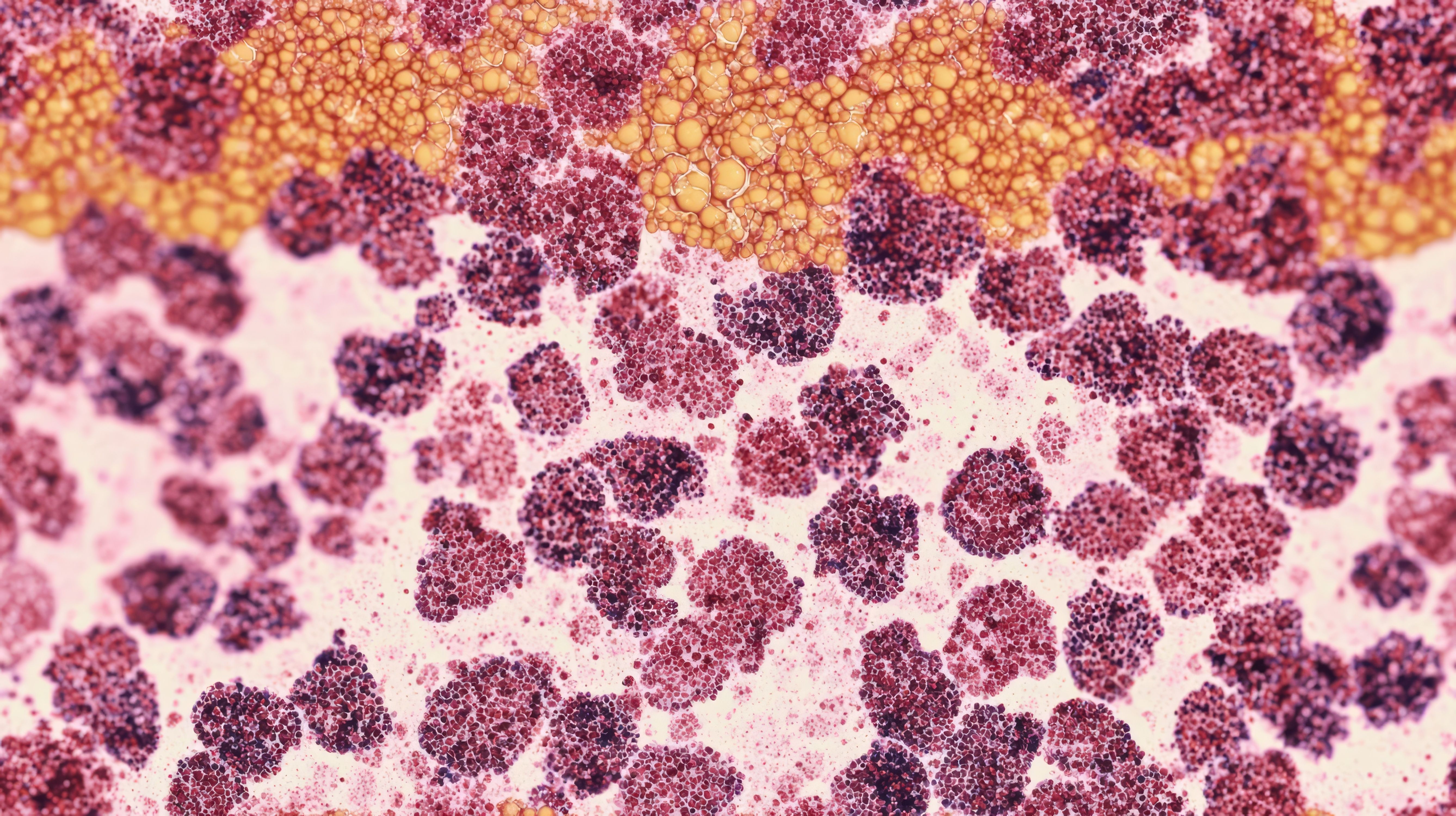Article
Acid Reflux Drugs Linked to Concentration Problems in Breast Cancer Survivors
Author(s):
The study was the first to examine proton pump inhibitors use in breast cancer survivors.
Acid reflux drugs recommended for stomach problems during cancer treatment may have an unintended adverse event: impairment of breast cancer survivors’ memory and concentration, according to a new study from The New Ohio State University.
There is an association between breast cancer survivors’ use of proton pump inhibitors (PPIs) and reports of problems with concentration and memory, according to the study. On average, cognitive problems reported by patients using PPIs were between 20% and 29% more severe than issues reported by non-PPI users.
The study, published in the Journal of Cancer Survivorship, was the first to examine PPI use in breast cancer survivors. It used data from 3 previous Ohio State clinical trials examining fatigue, a yoga intervention, and vaccine response in patients with breast cancer as well as survivors. Patients reported their use of prescribed and OTC medications and rated any cognitive symptoms they had as part of routine data collection.
PPI use predicted more severe concentration and memory symptoms as well as lower quality of life related to impaired cognition, regardless of whether a patient was diagnosed with depression or other illness, their treatment, age, and education.
PPIs have previously shown the potential to bypass the blood-brain barrier. Prior research has suggested that off-label use of PPIs in patients with cancer may increase the responsiveness of tumors to chemotherapy and protect the digestive system from adverse events caused by chemotherapy drugs.
Researchers also conducted secondary analyses of 3 earlier studies examining the connection between inflammation with breast cancer treatment and survivorship. These studies included 551 women overall, 88 of whom reported taking PPIs. On average, patients using PPIs had concentration problems in the fatigue study that were 20% more severe than those reported by patients who did not take PPIs.
In the third study, PPI users reported memory problems that were 28% more severe than in non-users, with no differences in reports of concentration issues. Breast cancer survivors in this study completed an additional questionnaire measuring the functional implications of their cognitive impairment.
The FDA has approved PPIs for short-term use to treat common gastric acid conditions and longer-term use for gastric ulcers and disorders involving excessive acid secretion. Off-label maintenance use of PPIs in patients with cancer can last a long time: at least two-thirds of breast cancer survivors using PPIs had taken them for between 6 months and 2 years.
Reference
Acid Reflux Drugs may have negative side effects for breast cancer survivors. Ohio State News website. Published January 17, 2020. https://news.osu.edu/acid-reflux-drugs-may-have-negative-side-effects-for-breast-cancer-survivors/. Accessed January 21, 2020.
Newsletter
Stay informed on drug updates, treatment guidelines, and pharmacy practice trends—subscribe to Pharmacy Times for weekly clinical insights.




